Best movies like The Confessions of Winifred Wagner
A unique, carefully handpicked, selection of the best movies like The Confessions of Winifred Wagner Starring Winifred Wagner, and more. If you liked The Confessions of Winifred Wagner then you may also like: Three Comrades, Wrong Move, Jew Suss: Rise and Fall, Judgment at Nuremberg, Black Fox: The Rise and Fall of Adolf Hitler and many more popular movies featured on this list. You can further filter the list even more or get a random selection from the list of similar movies, to make your selection even easier.
Hans-Jürgen Syberberg’s epic interview with Winifred Wagner in 1975.
You may filter the list of movies on this page for a more refined, personalized selection of movies.
Still not sure what to watch click the recommend buttun below to get a movie recommendation selected from all the movies on this list
Wrong Move
Six days in the life of Wilhelm: a detached man without qualities. He wants to write, so his mother gives him a ticket to Bonn, telling him to live. On the train he meets an older man, an athlete in the 1936 Olympics, and his mute teen companion, Mignon. She's an acrobat in market squares for spare change.
Jew Suss: Rise and Fall
This intricate historical drama tells the story of actor Ferdinand Marian (Tobias Moretti), who is ordered by Nazi propagandist Joseph Goebbels to star in the 1940 anti-Semitic film Jew Suss. Despite his cooperation, Ferdinand's actions have unexpected costs. Ferdinand's Jewish wife, Anna (Martina Gedeck), is sent to a concentration camp, and as World War II intensifies, he rebels against the Nazis, leading to the destruction of his career.
Judgment at Nuremberg
In 1947, four German judges who served on the bench during the Nazi regime face a military tribunal to answer charges of crimes against humanity. Chief Justice Haywood hears evidence and testimony not only from lead defendant Ernst Janning and his defense attorney Hans Rolfe, but also from the widow of a Nazi general, an idealistic U.S. Army captain and reluctant witness Irene Wallner.
Black Fox: The Rise and Fall of Adolf Hitler
The rise and fall of Nazi Germany in part through the use of classical allegory.
BloodRayne: The Third Reich
Rayne fights against the Nazis in Europe during World War II, encountering Ekart Brand, a Nazi leader whose target is to inject Adolf Hitler with Rayne's blood in an attempt to transform him into a dhampir and attain immortality.
Conspiracy
The historical recreation of the 1942 Wannsee Conference, in which Nazi and SS leaders gathered in a Berlin suburb to discuss the "Final Solution to the Jewish Question". Led by SS-General Reinhard Heydrich, this group of high ranking German officials came to the historic and far reaching decision that the Jews of Europe were to be exterminated in what would come to be known as the Holocaust.
Inglourious Basterds
In Nazi-occupied France during World War II, a group of Jewish-American soldiers known as "The Basterds" are chosen specifically to spread fear throughout the Third Reich by scalping and brutally killing Nazis. The Basterds, lead by Lt. Aldo Raine soon cross paths with a French-Jewish teenage girl who runs a movie theater in Paris which is targeted by the soldiers.
A Foreign Affair
In occupied Berlin, an army captain is torn between an ex-Nazi cafe singer and the U.S. congresswoman investigating her.
Our Hitler: A Film from Germany
This inventive, exhaustive seven-hour film looks at the rise, reign and demise of Adolf Hitler. German director Hans Jürgen Syberberg, who was a child during World War II, doesn't try to recreate history to the letter. Instead, he places his actors -- many of whom play several roles -- on a stage and has them reenact events based on and inspired by Hitler's life. The action combines traditional narration and historical characters, but also idiosyncratic tweaks, like the use of puppets.
Karl May
This ethereal, three-hour biopic is the middle film in Hans-Jürgen Syberberg’s “German Trilogy” on the mythological foundations of the Third Reich. By fusing theater, music, and cinema, Syberberg conjures up Karl May (1842-1912), the immensely popular German author, who set many of his adventure novels in an idealized version of the American Wild West. His tales of the cowboy and the Ubermensch alike were beloved by many, including (Our) Hitler, who supposedly ordered his generals to read May works after defeats in the Russian campaign.
Ludwig – Requiem for a Virgin King
Reflected in an artificial and bombastically staged illusory world with Wagnerian compositions, glossy and satirical time references, 19th century German figures and traditions are stripped of their mythology and interpreted by the Germany of 1972.
Hitler's Reign of Terror
A documentary meant to show Americans what had been going on in Germany since Hitler's rise, centered on a fact finding trip by Cornelius Vanderbilt, with newsreel footage of book burnings and such.
It Happened Here
World War II, 1940. When the Nazi hordes invade and occupy Great Britain, the English citizens are soon divided between those who choose to submissively collaborate and those who are willing to fight.
Look Who's Back
When Adolf Hitler reawakens at the site of his former bunker in present-day Berlin, he is mistaken for a comedian and quickly becomes a media phenomenon.
The Sorrow and the Pity
From 1940 to 1944, France's Vichy government collaborated with Nazi Germany. Marcel Ophüls mixes archival footage with 1969 interviews of a German officer and of collaborators and resistance fighters from Clermont-Ferrand. They comment on the nature, details and reasons for the collaboration, from anti-Semitism, xenophobia, and fear of Bolsheviks, to simple caution. Part one, "The Collapse," includes an extended interview with Pierre Mendès-France, jailed for anti-Vichy action and later France's Prime Minister. At the heart of part two, "The Choice," is an interview with Christian de la Mazière, one of 7,000 French youth to fight on the eastern front wearing German uniforms.
The Strange Death of Adolf Hitler
A man who is a dead ringer for Adolf Hitler plans to murder him and take over his identity.
Triumph of the Will
A showcase of German chancellor and Nazi Party leader Adolf Hitler at the 1934 Nuremberg Rally.
My Führer
Hitler no longer believes in himself, and can barely see himself as an equal to even his sheep dog. But to seize the helm of the war he would have to create one of his famous fiery speeches to mobilize the masses. Goebbels therefore brings a Jewish acting teacher Grünbaum and his family from the camps in order to train the leader in rhetoric. Grünbaum is torn, but starts Hitler in his therapy ...
Hitler's Hollywood
Film journalist and critic Rüdiger Suchsland examines German cinema from 1933, when the Nazis came into power, until 1945, when the Third Reich collapsed. (A sequel to From Caligari to Hitler, 2015.)
The State of Things
On location in Portugal, a film crew runs out of film while making their own version of Roger Corman's The Day the World Ended (1956). The producer is nowhere to be found and director Munro attempts to find him in hopes of being able to finish the film.
Mother Küsters Goes to Heaven
After a worker kills a superior and commits suicide, each of his family members attempts to forge a path forward in life.
The Hitler Gang
This movie shows us the rise of Adolf Hitler from a small radical political adventurer to the dictator of Germany in the way of a gangster film. Exept for some minor inaccuracies the historical facts are given in a correct way.
Erna, Helmut and the Nazis
Germany, 1929. Helmut Machemer and Erna Schwalbe fall madly in love and marry in 1932. Everything indicates that a bright future awaits them; but then, in 1933, Adolf Hitler and the Nazi Party rise to power and their lives are suddenly put in danger because of Erna's Jewish ancestry.
Hitler's Britain
A "What if?" alternative history sees Nazi Germany prevailing in the second World War. First the occupiers establish their power bases, before they find themselves under attack from the underground resistance.
Rechts. Deutsch. Radikal.
Over the past 18 months, journalist Thilo Mischke has conducted research for ProSieben within right-wing networks and met supporters of various right-wing and right-wing extremist groups. In the "ProSieben Special: Right. German. Radical." he pursues the question: "Is our liberal democratic basic order in danger?
100 Years of the UFA
The intricate history of UFA, a film production company founded in 1917 that has survived the Weimar Republic, the Nazi regime, the Adenauer era and the many and tumultuous events of contemporary Germany, and has always been the epicenter of the German film industry.
Jerry Building: Unholy Relics of Nazi Germany
Jonathan Meades explores the architecture of Nazi Germany, from its holiday camps to its concentration camps.
Berlin '36
Berlin 36 is a 2009 German film telling the fate of Jewish athlete Gretel Bergmann in the 1936 Summer Olympics. She was replaced by the Nazi regime by an athlete later discovered to be a man. The film is based on a true story and was released in Germany on September 10, 2009. Reporters at Der Spiegel challenged the historical basis for many of the events in the film, pointing to arrest records and medical examinations indicating German authorities did not learn Dora Ratjen was male until 1938.
Parsifal
A psychological interpretation of the opera mixing in references to the history of Germany, Wagner’s life, German literature and philosophy. The action is centered on Wagner’s death mask. Kundry is the main character – one might read the film as the story of her redemption rather than that of Amfortas.
The Night
Die Nacht ("The night") is a 1985 West German installation film directed by Hans-Jürgen Syberberg. It consists of a six hours long monologue performed by Edith Clever, who reads texts by Syberberg and many different authors, such as Johann Wolfgang von Goethe, Heinrich von Kleist, Plato, Friedrich Hölderlin, Novalis, Friedrich Nietzsche, Eduard Mörike, Richard Wagner, William Shakespeare, Samuel Beckett and chief Seattle. The film was screened out of competition at the 1985 Cannes Film Festival. (from: https://en.wikipedia.org/wiki/Die_Nacht)



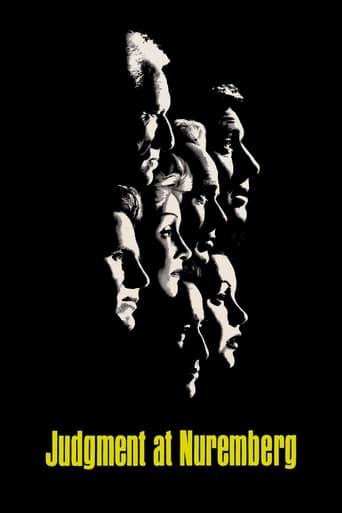

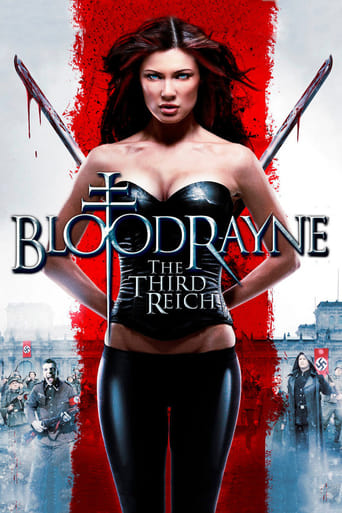
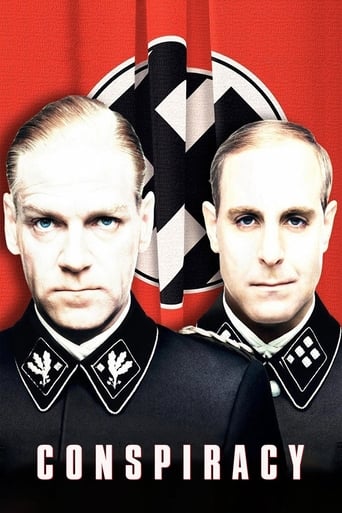
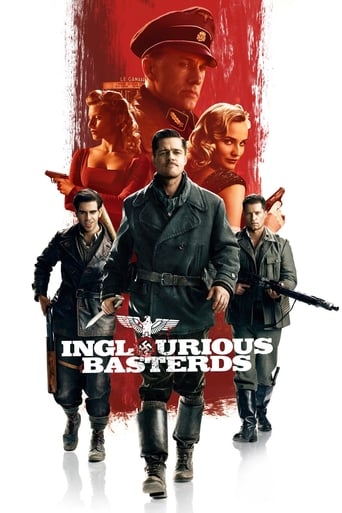






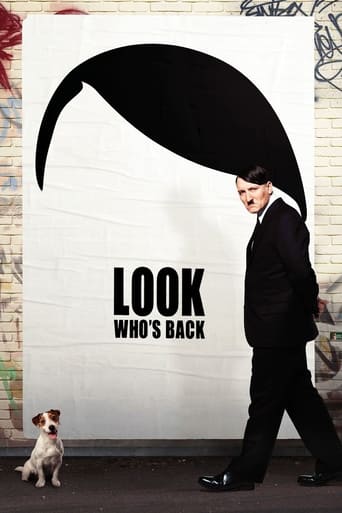










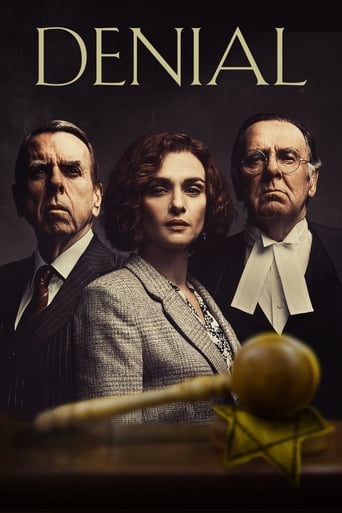








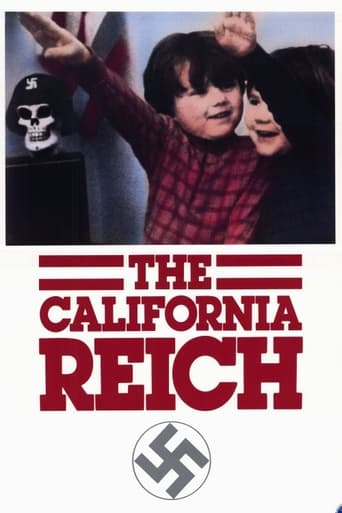

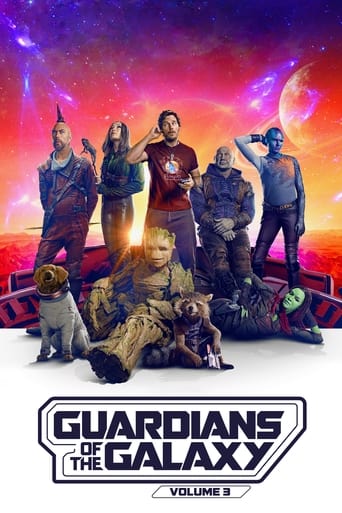


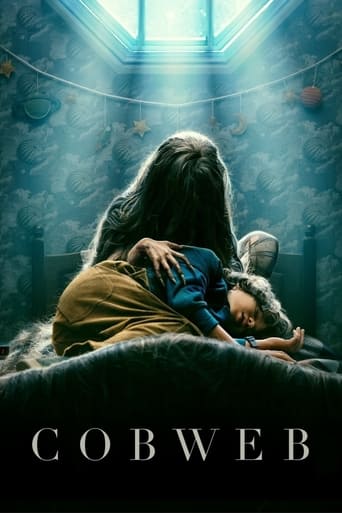
Three Comrades
A love story centered on the lives of three young German soldiers in the years following World War I. Their close friendship is strengthened by their shared love for the same woman who is dying of tuberculosis.